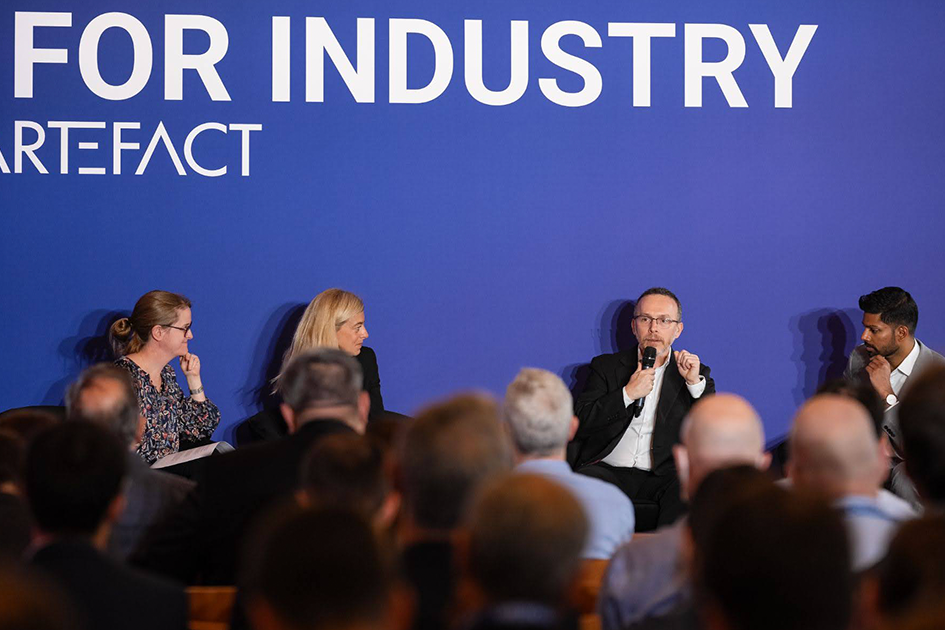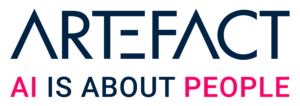AI for Industry Summit by Artefact - September 17th, 2024 - Paris
Key learnings from the panel discussion with Jean-Vianney Chiron, AI Transformation Manager at Michelin, Caroline Connan, Group Chief Data Officer & Digital Transformation at Forvia, and Prashant Dhanraj, Lead AI Engineer – Automotive at Celonis.
Moderated by Florence Benezit, Consulting Director at Artefact.
Introduction to AI for automotive
The “AI for Automotive” session featured key representatives from Michelin, Forvia, and Celonis, highlighting how AI is revolutionizing the automotive industry. AI is particularly transforming process optimization, predictive maintenance, and quality control, through real-world applications of machine learning, computer vision, and generative AI, reshaping automotive operations.
AI’s transformative potential in process optimization
Prashant Dhanraj from Celonis emphasized AI’s potential to transform business processes such as product development and supply chain management. He explained how digital twins, virtual models of physical processes, allow companies to derive insights from large datasets and optimize operations. An example is using generative AI for cost estimates on new parts by analyzing technical drawings, identifying similar parts, and suggesting suppliers. AI also assists in order management, using LLMs to evaluate credit blocks in sales orders and provide recommendations based on past data, enhancing decision-making.
AI-driven innovations at Michelin
Jean-Vianney Chiron from Michelin explained how AI improves manufacturing with computer vision and time-series analysis. In tire production, AI-powered cameras detect defects in rubber, which is difficult to inspect manually. The technology ensures higher product quality and streamlines the process. Moreover, AI correlates machine data, such as temperature and pressure, with final product quality, improving efficiency by allowing workers to address critical issues rather than monitoring data manually.
Generative AI for knowledge capture at Michelin
Jean-Vianney Chiron highlighted how generative AI helps capture decades of knowledge from Michelin’s global plants. Maintenance staff can input machinery symptoms and receive diagnostic suggestions based on past cases. The system continuously learns from user feedback, creating a robust, evolving knowledge base accessible worldwide, improving response time to maintenance issues.
AI-powered maintenance and quality control at Forvia
Caroline Connan from Forvia shared similar use cases, including AI for predictive maintenance to prevent production line shutdowns. By analyzing historical data and real-time machine parameters, AI alerts operators to potential issues, reducing costly downtime. An LLM-based system generates maintenance plans and helps prioritize actions. Additionally, AI-powered computer vision systems in Forvia’s factories detect quality defects in automotive interiors, reducing errors and improving product quality.
Energy consumption reduction with AI at Michelin and Forvia
Michelin and Forvia both use AI to track and reduce energy consumption in their plants. Machine learning models analyze real-time sensor data to monitor electricity and water usage. These insights allow companies to set targets, forecast consumption, and adjust operations to reduce their environmental impact and operational costs. AI’s ability to provide real-time feedback is critical for achieving sustainability goals.

 BLOG
BLOG



